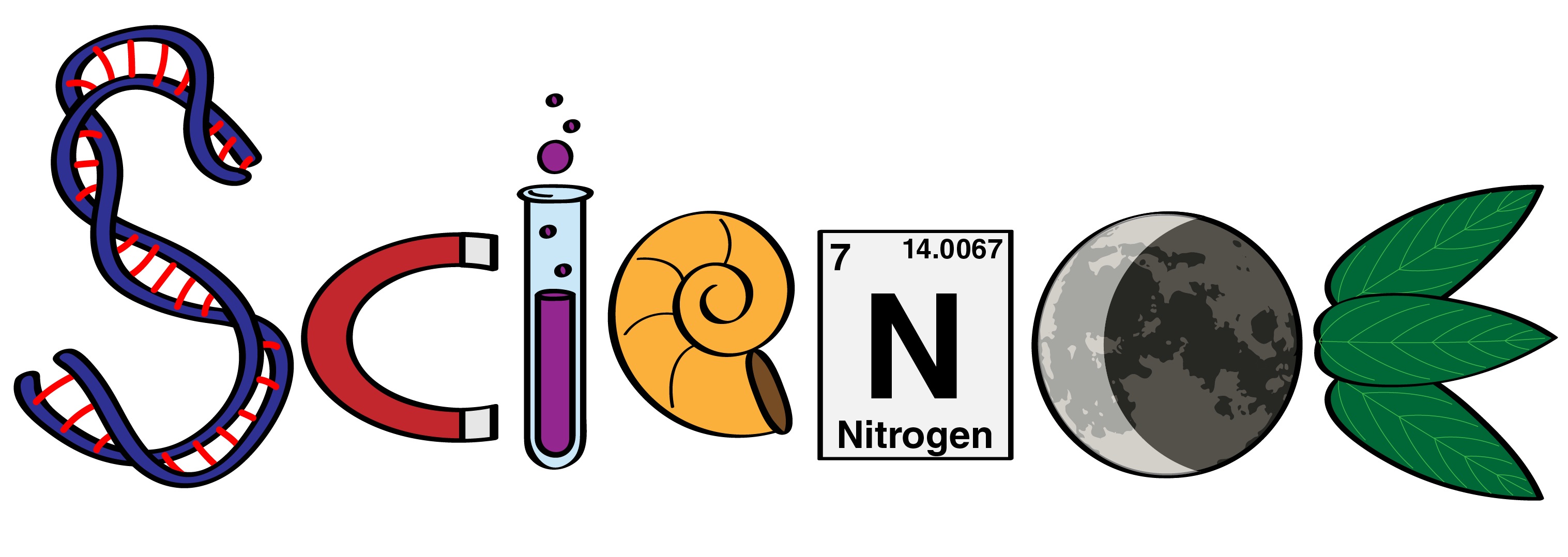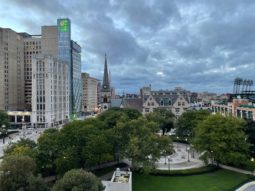 How on Earth’s Beth Bennett talks with authors Ridge Shinn and Lynne Pledger about how regenerative grazing can replace corn-based feedlots, which are responsible for significant climate emissions, nitrogen pollution, and animal suffering. Their book, Grass-Fed Beef for a Post-Pandemic World, outlines a hopeful path out of our broken food system via regional networks of regeneratively produced meat. They talk about how this ancient method of animal husbandry can restore degraded farmland, increase biodiversity, combat climate change by reducing emissions and sequestering carbon and produce nutrient-dense, healthy meat for consumers. More information at Big Picture Beef.
How on Earth’s Beth Bennett talks with authors Ridge Shinn and Lynne Pledger about how regenerative grazing can replace corn-based feedlots, which are responsible for significant climate emissions, nitrogen pollution, and animal suffering. Their book, Grass-Fed Beef for a Post-Pandemic World, outlines a hopeful path out of our broken food system via regional networks of regeneratively produced meat. They talk about how this ancient method of animal husbandry can restore degraded farmland, increase biodiversity, combat climate change by reducing emissions and sequestering carbon and produce nutrient-dense, healthy meat for consumers. More information at Big Picture Beef.
Also, Shelley Schlender talks with Sarah Johnson, a professor of food, science and human nutrition at Colorado State University, about a recent study indicating that in mice prone to artery disease, those that ate belgian endive reduced the instability of artery plaques. That may be important, because in people, unstable plaques can trigger heart attacks.
Hosts: Joel Parker, Beth Bennett
Producer: Joel Parker
Additional contributions: Shelley Schlender
Executive Producer: Susan Moran
Listen to the show:
Podcast: Play in new window | Download (Duration: 27:01 — 37.1MB)
Subscribe:




 Climate Change & COP28 (start time: 1:30) A major global climate conference is taking place now in Dubai, amidst a year of record-breaking heat, wildfires, floods and more around the world.
Climate Change & COP28 (start time: 1:30) A major global climate conference is taking place now in Dubai, amidst a year of record-breaking heat, wildfires, floods and more around the world.  The Power of Poop (start time: 5:41) This potent
The Power of Poop (start time: 5:41) This potent  Over the Seawall (start time: 7:33):
Over the Seawall (start time: 7:33):  Plastics: From Pollution to Solutions (start time: 0:58) We all want to think that the yogurt tubs, takeout containers and other plastic products that we toss into our kitchen recycling bin will actually get recycled. Chances are, they won’t. Plastic product makers have for many years been
Plastics: From Pollution to Solutions (start time: 0:58) We all want to think that the yogurt tubs, takeout containers and other plastic products that we toss into our kitchen recycling bin will actually get recycled. Chances are, they won’t. Plastic product makers have for many years been 
 Of Bears & Humans (start time: 1:34) If you live
Of Bears & Humans (start time: 1:34) If you live 
 Unruly Planet (start time: 5:31) This week on How On Earth Susan Moran interviews science journalist
Unruly Planet (start time: 5:31) This week on How On Earth Susan Moran interviews science journalist  How on Earth’s Beth Bennett talks with authors
How on Earth’s Beth Bennett talks with authors